How a Missouri Hospital Became Center of Alleged Stolen Baby Controversy
Zella Jackson Price claims her baby was stolen and that she didn't abandon her.
— -- It was a heartwarming mother-daughter reunion that went viral this spring.
Zella Jackson Price overflowed with joy as she hugged her daughter Diane Gilmore, whom she hadn't seen since her birth nearly fifty years ago.
The initial awe of the reunion, however, soon turned to anger. Gilmore thought her mother abandoned her after birth. But Price pointed the finger at Homer G. Phillips Hospital, in St. Louis, Mo., where she said Gilmore was born.
Price claims that just hours after she gave birth at the hospital a nurse told her that Gilmore -- who was born prematurely and weighed only 2 pounds -- had died. Price's lawyer Al Watkins later went public with the claim that the hospital was at the center of a baby-stealing ring and that Price might not have been the only victim.
Despite records that contradict Price's claim, she said she is standing tall, and other mothers who gave birth at the hospital have newfound hope that they might too be reunited with children they thought died at birth.
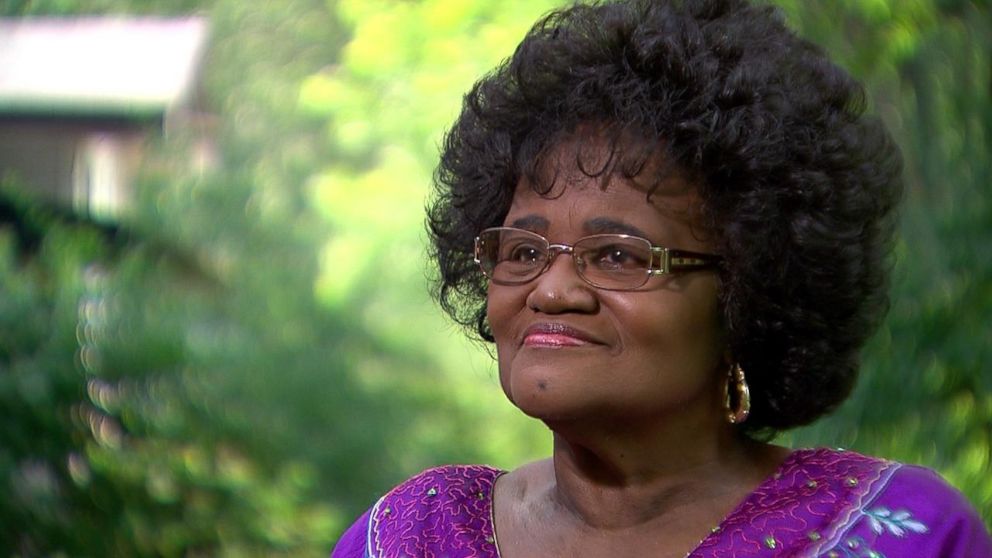
Zella Jackson Price
Zella Jackson Price, 77, saw her daughter Diane Gilmore on April 9, for the first time in 49 years. A DNA test before the reunion determined that Gilmore was indeed Price's daughter.
On Nov. 25, 1965, Price, then 26, said she was only six months pregnant when she went to Homer G. Phillips Hospital to give birth. Price was a young married mom with two children.
"When she was born I was by myself, nobody was with me, no one," Price told "20/20." "She was crying [a] little faint cry, kept hollering."
When hospital staff arrived, Price said a nurse took her newborn baby and vanished. Price said she told staff she wanted to name her daughter Diane. Hours later, Price said the nurse returned and told her Diane passed away.
Price said she believed it because five years earlier she also lost a baby boy she named Michael. She said she then went home without a death certificate.
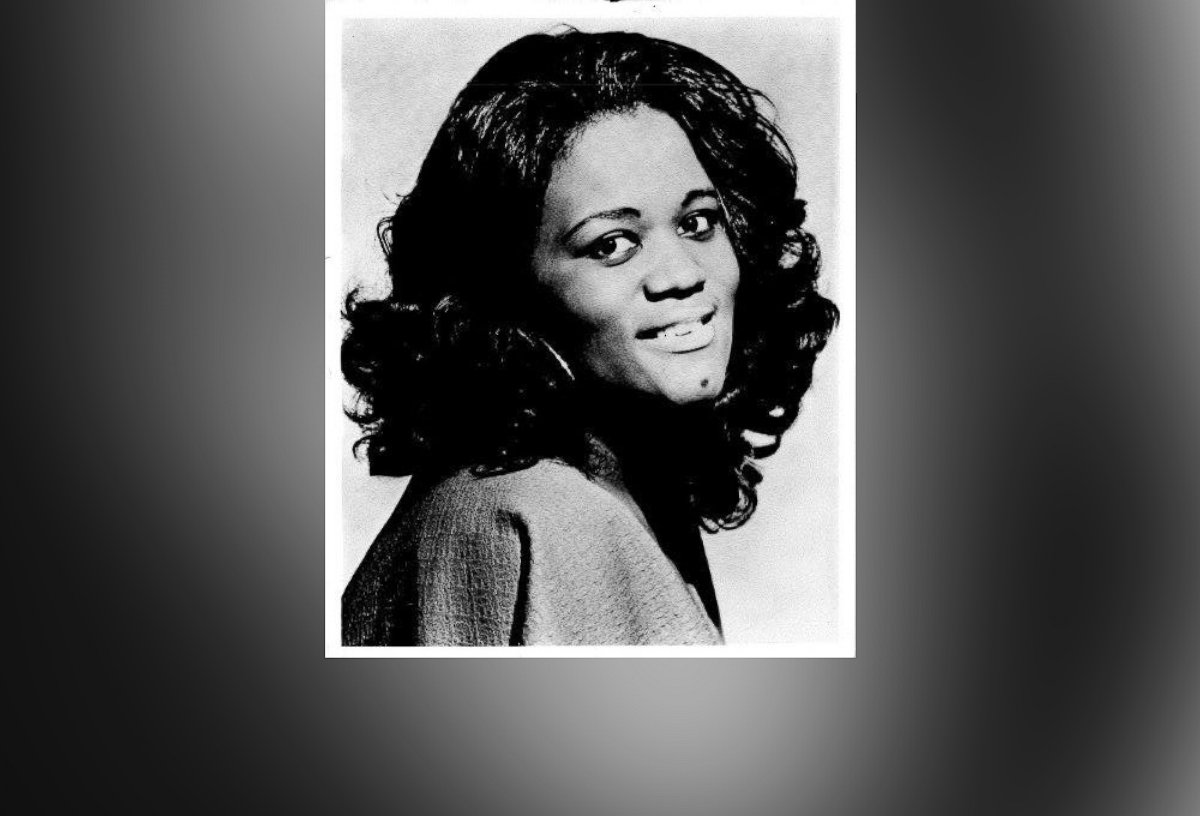
Price went on to gain local fame with her gospel music and became widely known for her rendition of "I'm His Child." She also had two more children at Homer G. Phillips Hospital.
At the time Diane was conceived, Price said she was separated from her then-husband and became pregnant by another man, who she later married.
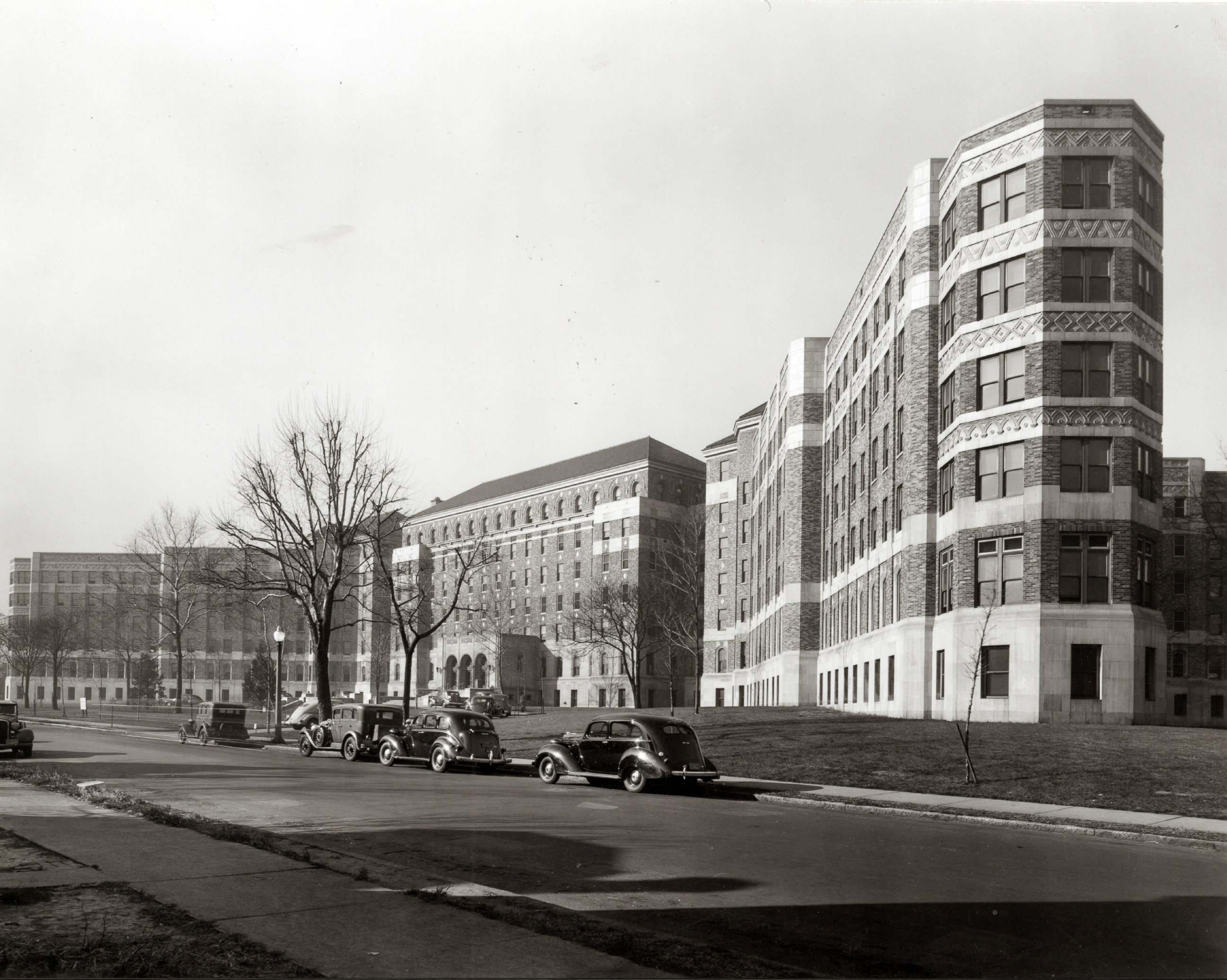
Homer G. Phillips Hospital
Homer G. Phillips Hospital was a beacon of hope in the black community in St. Louis. The city-run facility was once considered one of the most technically-advanced hospitals in the world.
Dr. Will Ross, an associate professor at Washington University School of Medicine, who is working on a book about the iconic hospital, was floored by Price's claims.
"They were going to deliver class A care, secondary to none with high standards, the best outcomes," Ross told "20/20." "[It was] the premier training ground for African-American physicians, the pride of that community."
But funding was for the hospital was an issue, according to St. Louis Dispatch reporter Robert Patrick.
"Homer G. Phillips Hospital struggled each year for money. And I think one of the things that suffered was administration, staffing, maybe record keeping," Patrick told "20/20." "They were putting their priority on patient care and perhaps not on writing everything down."
Former Homer G. Phillips nurses, who reunited recently, are proud of their association with the hospital and said Price's story doesn't make sense.
"No nurse would come and tell someone that their baby passed. That was the doctor's role and responsibility," former nurse Xenobia Thompson told "20/20."
"When you get the right truth, you owe us an apology, because you have just degraded us," former nurse Dorothy Thornton told "20/20," referring to those leveling the new charges.
Today, the former hospital is a senior residential community.
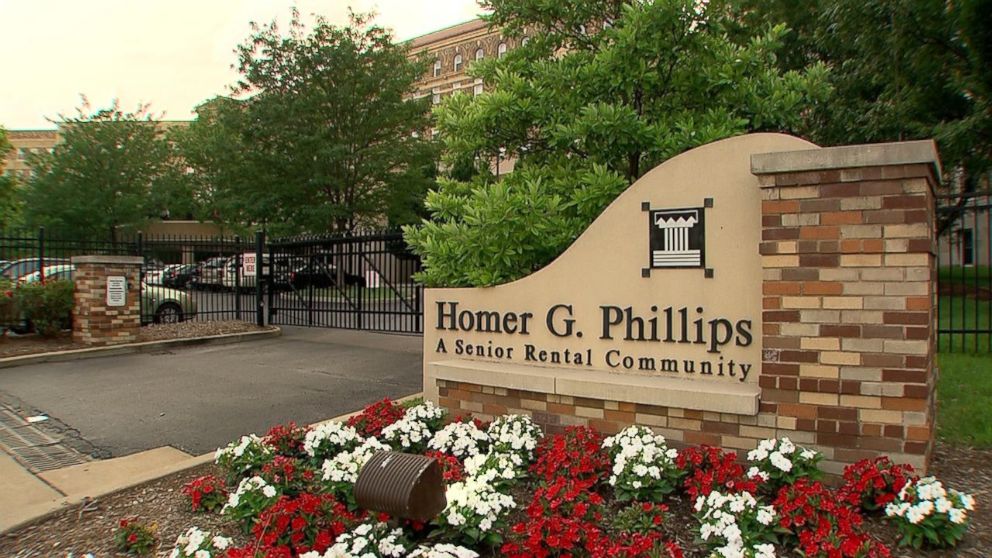
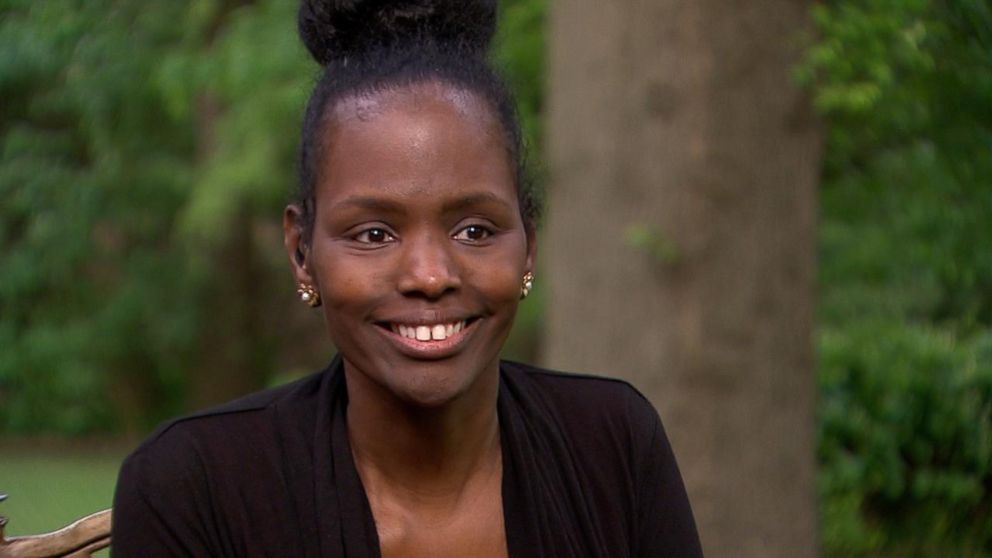
Diane Gilmore
Price's daughter Diane Gilmore was born deaf. After her birth, she was taken in by a foster family who told her she had been abandoned by her mother.
According to her birth certificate, Gilmore was not born at Homer G. Phillips Hospital but across town at St. Louis City Hospital 1, which Price denies.
Gilmore, now 50, was later raised by foster parents Muriel and John Young, who cared for her along with other foster children.
During her reunion with her mother, Gilmore told Price she forgave her for abandoning her, although she soon learned that was something her birthmother denied.
Gilmore has four children, including twin daughters Melika and Mehiska Jackson, who helped make Gilmore's reunion with her mother possible. Price is learning sign language to better communicate with Gilmore, who is deaf.
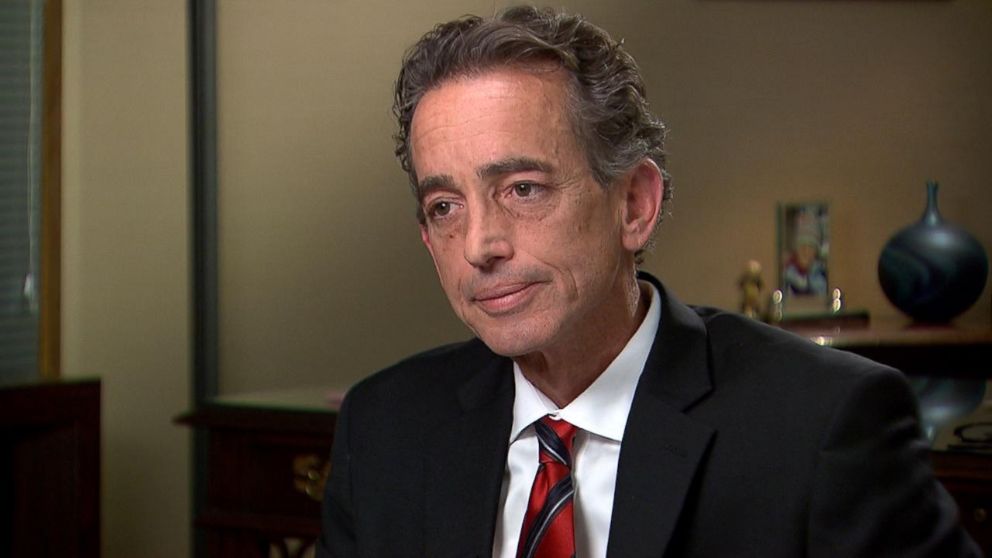
Al Watkins
Price contacted St. Louis attorney Al Watkins after she reunited with her daughter.
Watkins dug deeper into Price's story and made a stunning allegation about why Price and Gilmore were separated after Gilmore's birth.
"The place to buy was Homer G. [Phillips Hospital], and babies were being sold out of the parking lot. It was pay for play, cash on delivery," Watkins told "20/20."
Watkins even launched a website to help other women who believe their babies may have been stolen at Homer G. Phillips Hospital. After the publicity of Price's story, dozens of women reached out to Watkins for help.
Watkins believes Gilmore was stolen from Price and sold into adoption, but once the adoptive parents realized Gilmore was deaf, Watkins guessed that the adoptive parents tried to return her to the hospital.
But because Price said the hospital told her Gilmore died, Watkins said, Gilmore was then put through the foster care system.
When documents that contradict these claims were found, Watkins suggested that these documents, including Gilmore's birth certificate, might have been forged.
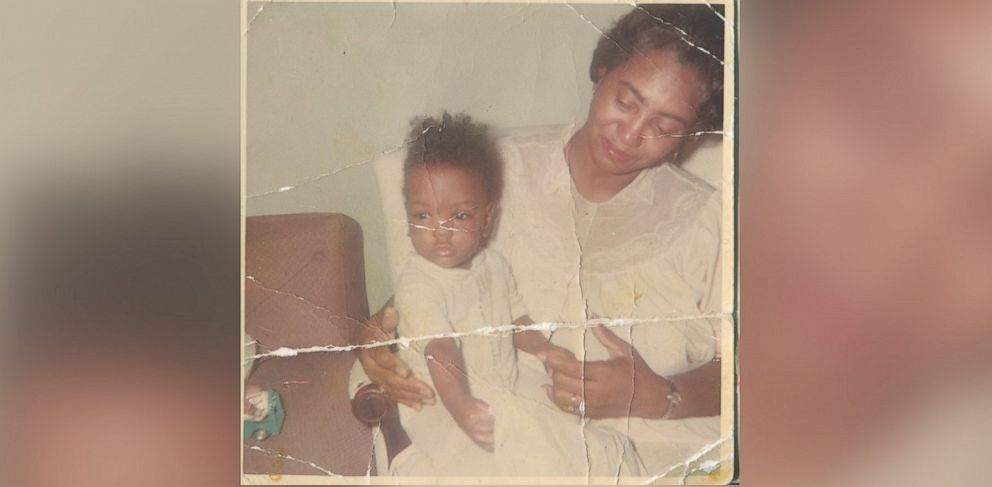
Diane Gilmore's Foster Family
Barbara Richardson's parents Muriel and John Young took Diane Gilmore in as a foster child when she was 5 months old. Barbara Richardson was 25 years old at the time.
Richardson insists fostering Gilmore was about love and not money.
"They loved me, and they treated her the same as they treated me, so it sounds like love to me," Richardson told "20/20."
According to Richardson, Gilmore was abandoned after she was born prematurely.
"When it was time to be released, no one had been to see the child, and no one came, you know," Richardson said. "She was an abandoned baby, abandoned at birth."
Wilma Jones was a family friend who lived in the neighborhood. She said Diane's foster mother was quite open about Gilmore's origins.
"[She said they got the baby] through the division of family service," Jones told "20/20." "She was told that this child had been abandoned at Homer [G.] Phillips Hospital and that the child only weighed so many grams, less than a pound and that she had been in an incubator for all that time and that they needed someone to take her."
In fact, Richardson said when Gilmore was 9 years old they went looking for her biological mother. Richardson said her mother got a phone number for a woman named Zella Mae Jackson in St. Louis and called her. Richardson's mother asked the woman if she had given birth to a baby at Homer G. Phillips Hospital in November 1965, Richardson said.
"The woman just said, 'No, I didn't have a baby.' So, I mean, what do you do at that point?" said Richardson. "As far as we were concerned, that was not the woman."
Price denies ever getting the call and records do show there was another woman in St. Louis with the same name.

Richard Callahan
U.S. Attorney Richard Callahan led the investigation into Price's story.
Callahan said old records his investigators dug up didn't add up with what Price had claimed.
"That began to paint a different picture from what Zella Price was saying," Callahan told "20/20." "The records were certainly contradicting the story."
Through the investigation, Callahan was unable to find evidence of a baby-stealing conspiracy, and decades-old records even put Price at a completely different hospital from the one where she said she was told her baby died. He said the records instead suggest that Price abandoned her baby, despite Price denying she would ever intentionally leave her baby behind.
Documents from 1965 also showed that authorities reached out to Price, even visiting the home address she gave, and were told she moved and didn't leave a forwarding address. Social workers called, wrote and visited relatives, according to records, but could not reach Price. The social workers noted that Price's grandmother and uncle "are either unable or unwilling to give any information regarding Mrs. Jackson's whereabouts."
Callahan went public with his conclusion of his investigation into Price's story on Aug. 14.
"We can say with complete certainty there are no truth to these allegations and our investigation is now closed," Callahan said at a press conference.




